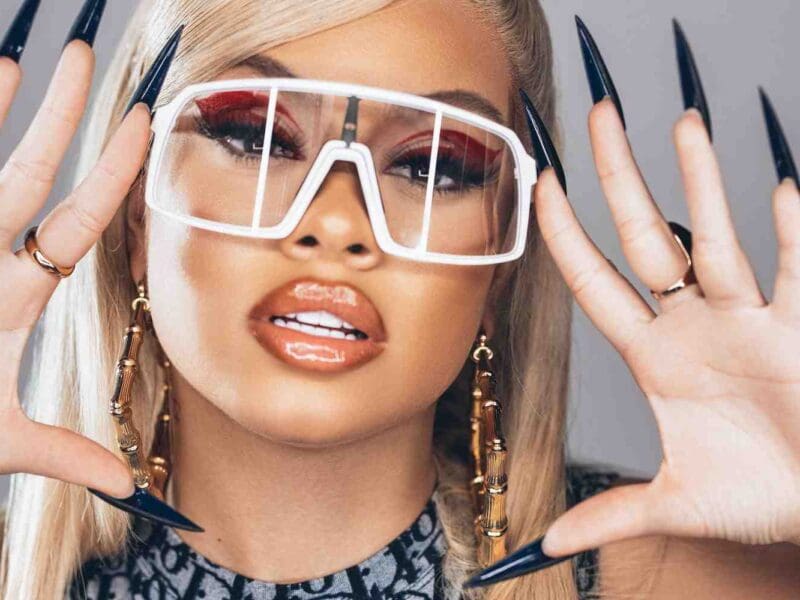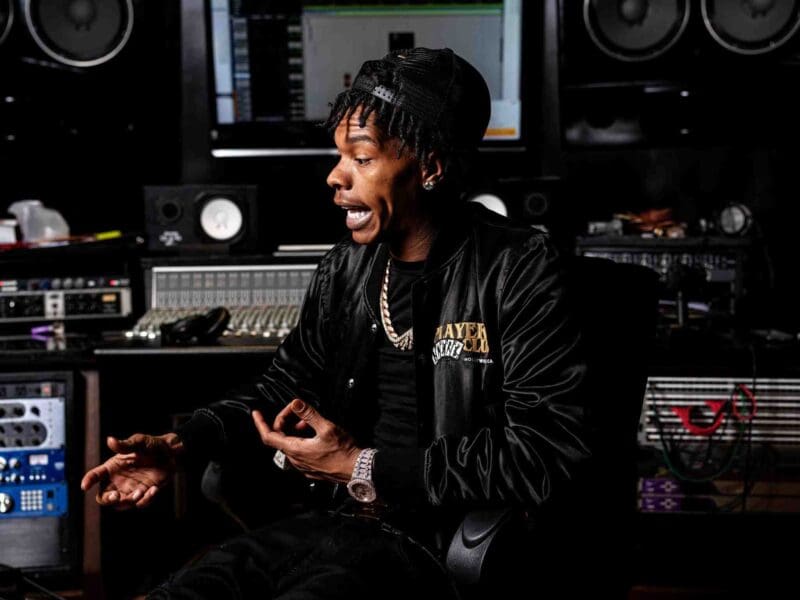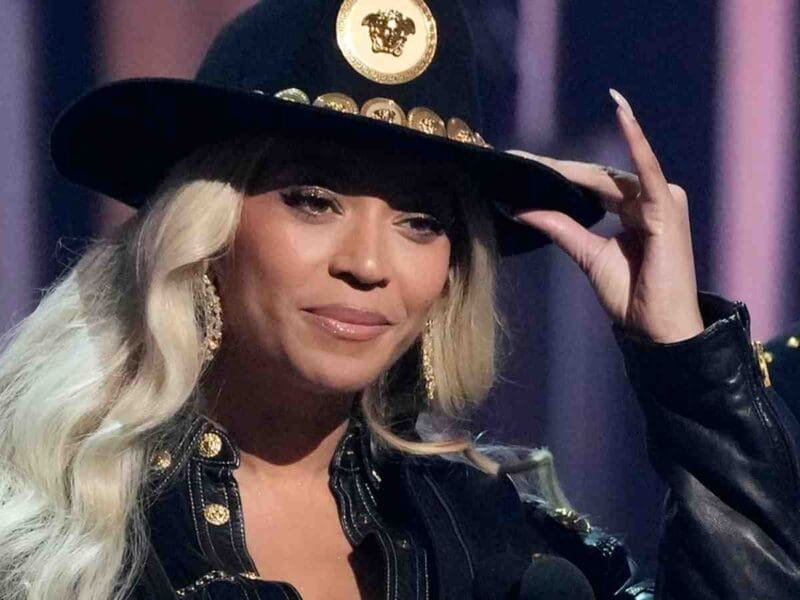
Breaking boundaries: Why ‘Atlanta’ is the most real show on TV
Written, directed, and starred in by Donald Glover, FX’s Atlanta first caused waves when it premiered in 2016 with its fresh and exciting approach to storytelling. And it looks set to keep it up with the Atlanta Robbin’-titled season two, based loosely on the thematic structure of Tiny Toon Adventures: How I Spent My Summer Vacation (for real).
The highly anticipated third season is in production, so it’s about time we showed some love to the strange, irreverent glory of the show. There are too many reasons why Atlanta is the most groundbreaking series on TV, but we’ve combed through all the shrieking sentiments of our hearts and whittled it down to seven. Let’s dive in, shall we?
Unexpected, but wonderful, moments of surrealism
Glover once notoriously described Atlanta as being “Twin Peaks with rappers” and while there are no dead girls wrapped in plastic, the show’s tone certainly lives up to the boast. From the suited philosopher and his nutella sandwich to the invisible car which plows through a crowd of nightclub dwellers, Atlanta does surrealism better than any other show on TV right now.

It features one of the most complex black female characters on TV
As Earn’s (Glover) on-again-off-again partner and co-parent, Van (Zazie Beetz) could have easily been written as a one-dimensional shrew. Thankfully, Atlanta gives the character plenty of story and develops her with complexity. As a result, she’s fun and hilarious but also flawed and caustic.
The sixth episode of season one, “Value”, proved that in abundance with a story solely fixated on the character smoking a joint the day before a surprise drug test at work. Speaking to Jezebel, Atlanta staff writer Stefani Robinson called the finale of the episode in which Van is ultimately punished for enjoying herself an “interesting metaphor for being a black woman in this country.”

Breaking down crucial barriers in black representation
Atlanta ultimately tells a story about black working-class characters in a way that powerfully and humorously subverts common representations. At the Television Critics Association press tour in 2016, Glover revealed why this is so integral to the story: “The thesis with this show was to show people what it’s like to be black, and you can’t write that down. You have to feel it. I want people to feel scared, because that’s what it feels like to be black.”
Speaking to The Guardian, Atlanta staff writer Jamal Olori further outlined how Atlanta is subverting black stereotypes. While discussing the show’s diverse set of characters simply living normal lives, Olori mused, ”The media has portrayed black people in a certain way and if you think about a black person it’s immediately scary or one stereotype. But we’re all different.”
Disrupting the rules of what TV can and can’t do
Similar to shows sitcoms like Seinfeld, Atlanta is ostensibly a show about nothing. It defies genre and doesn’t spoonfeed exposition or follow the usual set of expectations in what should happen over the course of a 30-minute episode.
The show leaves much up to interpretation, with Glover once telling NPR how he doesn’t like “being preached to” by TV shows. Instead he wants people to “wonder why they’re laughing or why that made them feel uncomfortable, rather than tell them why they’re a bad person or good person for feeling that way.” Mission accomplished.
A black actor plays an iconic white pop star
In episode five of season one, “Nobody Beats the Biebs” actor Austin Crute was cast as pop music’s most demonstrative young hellraiser, Justin Bieber. It was a ballsy move and one that played out perfectly with delicious levels of irony within the episode.
As The AV Club pointed out in their review, the casting choice “forces the audience to reevaluate Bieber’s obnoxious behavior through the lens of someone who wouldn’t be granted nearly as much latitude just because of the body he inhabits.” Basically, it was a touch of genius – one that Bieber himself likely didn’t understand.
Taking risks
Episode seven of the show “B.A.N.” – which stands for Black Access Network – proved itself as the show’s most controversial offering. Featuring an unconventional narrative structure that veers away from the central story, the whole thing takes place within an episode of fictional talk show Montague, of which Paper Boi (Bryan Tyree Henry) is a special guest.
Exploring the “growing outlook on accepted sexuality and its effects on black youth and culture”, the episode sees Paper Boi struggling with a roundtable discussion about trans-American issues. Featuring overt political commentary, the episode makes hefty statements about African-American stereotypes, transphobia, and police brutality in a way that is still immensely entertaining.
The most honest portrayal of the music industry on TV
We’ll be damned if “Paper Boi” isn’t the catchiest damn hip-hop cut we’ve ever heard on television. But also, it’s refreshing to see a show providing a realistic glimpse of what it actually means to be an up-and-coming music artist within the industry.
Sometimes that can involve some enjoyable moments of fame and some minor flourishes of fortune. But other times it involves hustling for spare cash to fund your creativity or realizing nobody actually wants to spend time in your VIP booth at the club once the free hooch has run dry.







